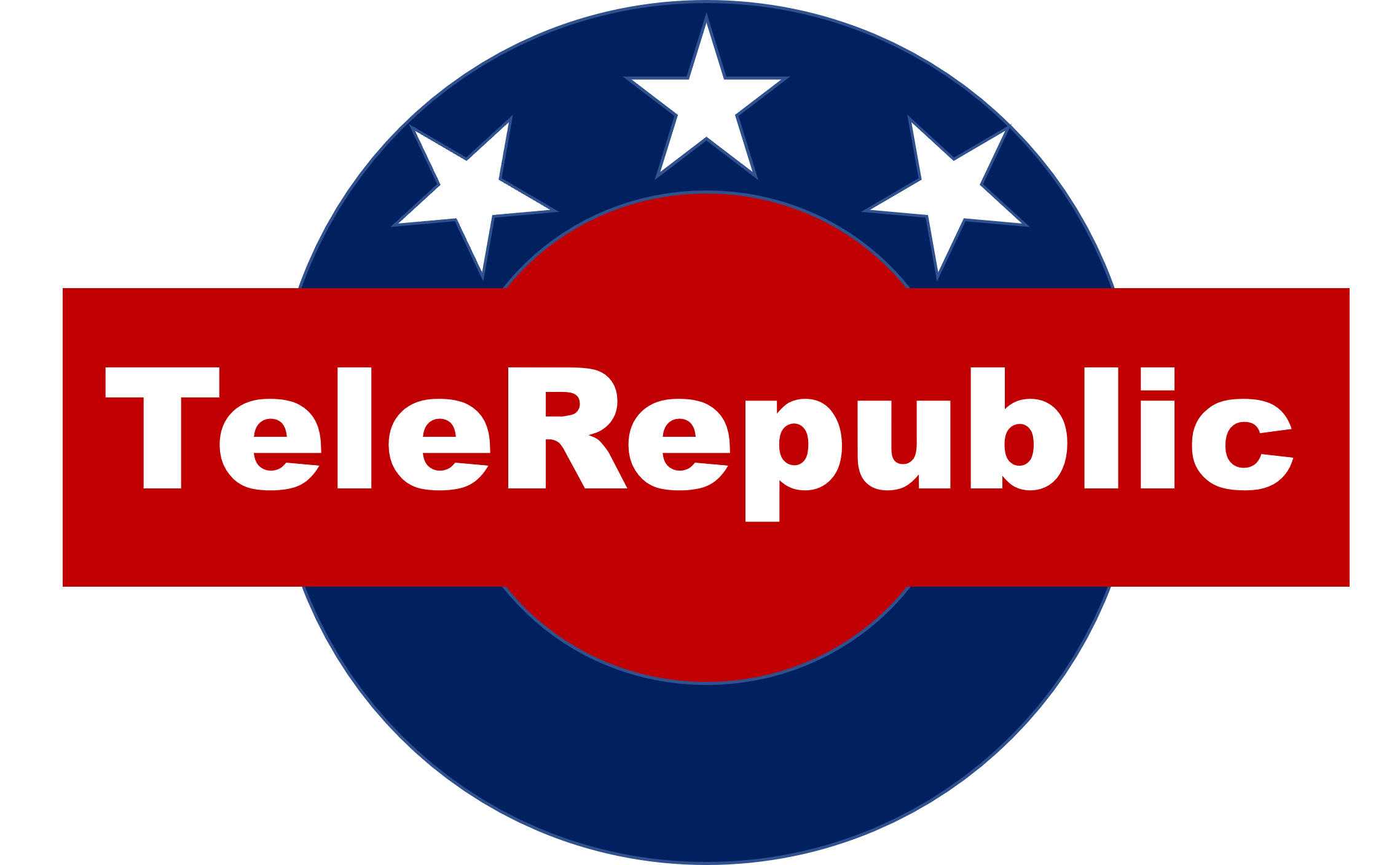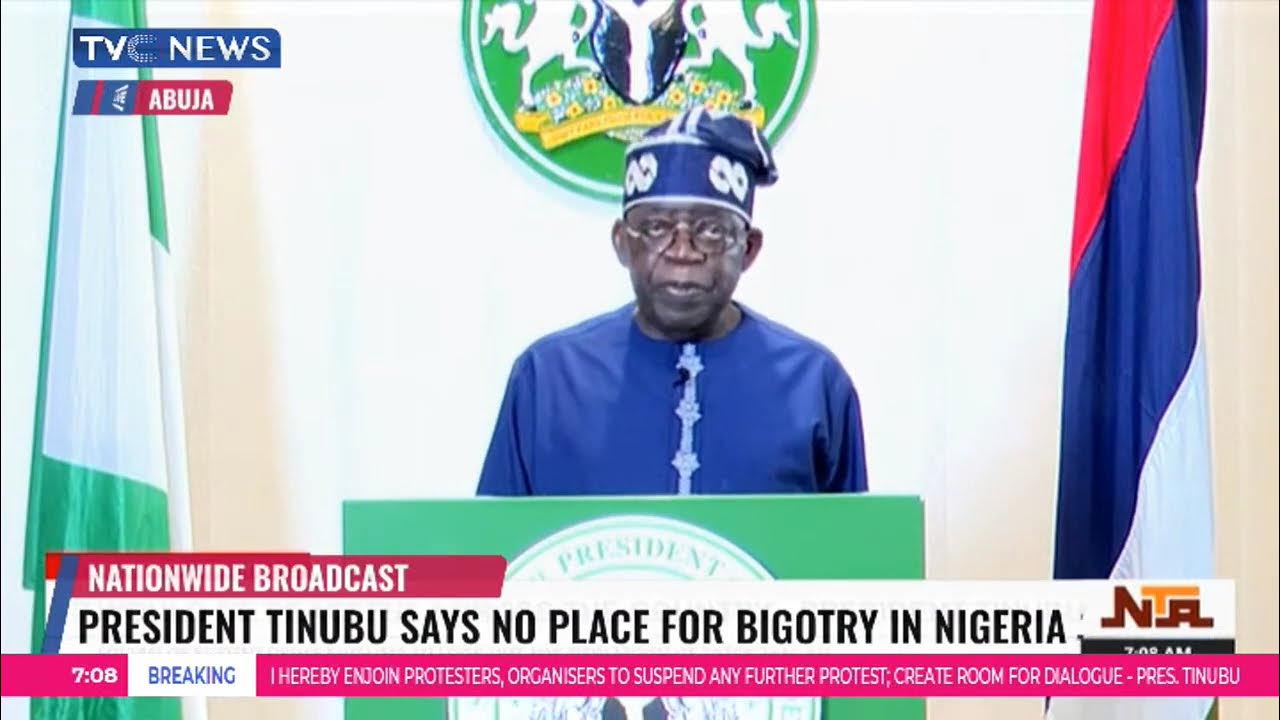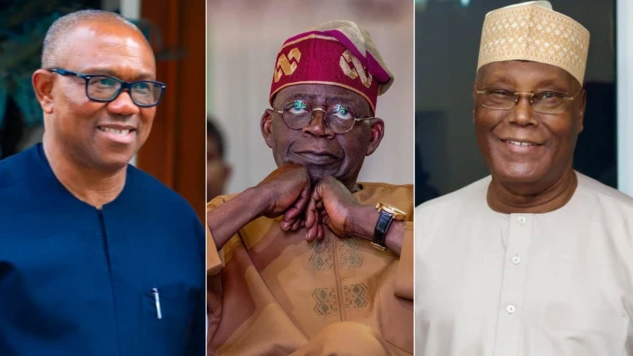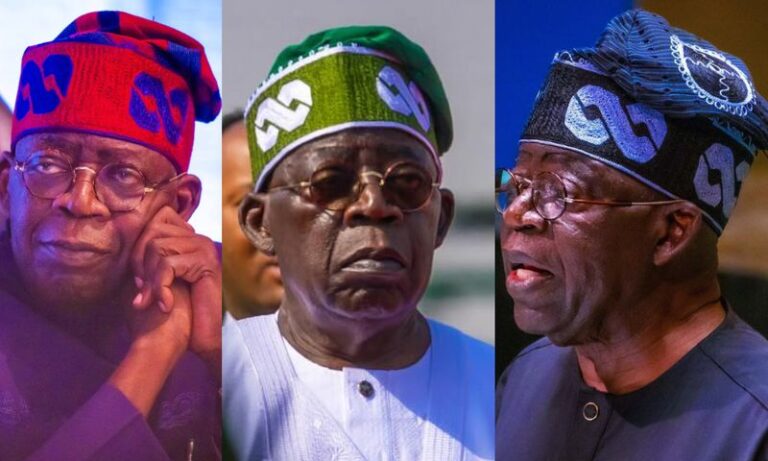Introduction
On the 4th of August, 2024, Bola Ahmed Tinubu addressed the nation, attempting to quell the rising tide of nationwide protests. His speech, filled with promises and reassurances, was aimed to convince Nigerians to abandon their quest for justice and reform. However, his speech was hollow in nature as he doubled down on the rampant failures of his administration and the severe human rights violations that demand international scrutiny and justice.
Tinubu’s Hollow Promises: A Critical Examination
Debt Reduction and Financial Freedom
Tinubu’s Claim: Tinubu boasts of reducing the country’s debt service from 97% to 68% and clearing $5 billion in foreign exchange obligations, claiming it has provided financial freedom to fund essential services.
The Reality: This supposed financial freedom has not translated into tangible benefits for the Nigerian people. Essential services such as healthcare and education remain grossly underfunded. The reduction in debt service is overshadowed by the administration’s reckless spending on luxury items and renovation projects, while millions of Nigerians languish in poverty. The claimed financial prudence is a smokescreen for the gross mismanagement and misplaced priorities that characterize Tinubu’s administration.
Infrastructure Projects: Smoke and Mirrors
Tinubu’s Claim: He speaks of embarking on major infrastructure projects, including the Lagos-Calabar Coastal Highway and Sokoto-Badagry Highway, to boost economic output and job creation.
The Reality: These infrastructure projects are plagued by corruption, inefficiency, and lack of transparency. The backtracking on the Lagos-Calabar coastal road project, after demolishing businesses worth over $200 million, exemplifies the administration’s incompetence. This has led to significant job losses and economic instability, pushing many families into poverty and exacerbating economic despair.
Oil and Gas Industry Resurgence
Tinubu’s Claim: Tinubu claims a resurgence in the oil and gas industry, with increased oil production and foreign direct investments.
The Reality: Despite these claims, the administration has failed to address the perennial issues of fuel scarcity and corruption in the oil sector. The reduction of NNPC’s stake in Dangote Refinery from 20% to 7.2% due to NNPC reneging on their commitment to supply crude oil reflects the mismanagement and financial recklessness within the sector. Furthermore, the exit of major international companies from Nigeria is a testament to the deteriorating business climate under Tinubu’s regime.
Commitment to the Youth: Empty Gestures
Tinubu’s Claim: He touts initiatives like the Consumer Credit Corporation, NELFUND, and Digital and Creative Enterprises (IDiCE) as evidence of his commitment to empowering the youth.
The Reality: These initiatives are mere band-aids on the gaping wounds inflicted by Tinubu’s policies. The rising cost of living, rampant unemployment, and skyrocketing inflation have left Nigerian youth despondent. The tragic incidents of suicides and public protests by desperate citizens underscore the administration’s failure to provide real opportunities and hope for the future.
Human Rights Violations: A Call for Justice
Violent Suppression of Protests
The Reality: Tinubu’s administration has shown a blatant disregard for the fundamental human rights of Nigerians. The violent suppression of protests, including the #EndBadGovernance demonstrations, has resulted in the deaths of numerous innocent citizens. These acts of brutality are a clear violation of the 1999 Nigerian Constitution, the Universal Declaration of Human Rights (UDHR), and the International Covenant on Civil and Political Rights (ICCPR).
Corruption and Mismanagement
The Reality: Corruption under Tinubu’s regime has reached unprecedented levels. The National Bureau of Statistics reported that Nigerian officials took $1.3 billion in bribes in 2023 alone. This pervasive graft has eroded public trust and diverted resources from essential services, further entrenching poverty and inequality.
Economic Mismanagement: The Human Cost
Soaring Inflation and Cost of Living
The Reality: Under Tinubu’s administration, the cost of living has surged to unbearable levels. Food inflation has soared from 24.82% to 40.54%, while the overall inflation rate has risen from 22.41% to 33.69%. The price of basic commodities like rice and petrol has skyrocketed, making everyday life a struggle for ordinary Nigerians. The naira’s depreciation has further compounded economic woes, making imported goods prohibitively expensive and stifling economic growth.
Industrial Decline and Job Losses
The Reality: The Manufacturing Association of Nigeria (MAN) reported that about 767 manufacturing companies shut down operations in 2023, while 335 experienced distress. This collapse is attributed to exchange rate volatility, rising inflation, and a deteriorating investment climate. The administration’s failures have led to significant job losses, pushing many families into poverty and exacerbating economic despair.
False Claims of Economic Recovery
Tinubu’s Assertion: Tinubu claimed that his administration’s economic policies have doubled government revenues and laid the foundation for future prosperity.
Reality Check: While Tinubu boasts of increased government revenues, the benefits have not trickled down to the ordinary Nigerian. The economic policies implemented by his administration have led to rampant inflation and an unprecedented cost of living crisis. The supposed fiscal gains are overshadowed by the widespread economic despair and hardship faced by millions of Nigerians.
Misleading Statements on Infrastructure
Tinubu’s Assertion: Tinubu highlighted infrastructure projects as evidence of his administration’s commitment to economic development.
Reality Check: These infrastructure projects are often delayed, poorly managed, and riddled with corruption. The promised economic benefits have not materialized, and the projects have instead become conduits for embezzlement and financial mismanagement. The administration’s inability to deliver on these promises has further eroded public trust.
The Illusion of Social Programs
Tinubu’s Assertion: Tinubu spoke of various social programs designed to uplift the poor and vulnerable.
Reality Check: These programs are inadequately funded and poorly implemented. The much-touted student loan scheme and credit initiatives have failed to reach the intended beneficiaries, leaving many Nigerians without the promised support. The administration’s focus on superficial initiatives rather than addressing systemic issues highlights its disconnect from the realities faced by ordinary citizens.
The Human Cost of Tinubu’s Governance
Rising Insecurity
Reality Check: Insecurity has reached alarming levels under Tinubu’s administration. Over 7,500 Nigerians have been killed by terrorists and bandits, while more than 7,000 have been kidnapped. This pervasive insecurity has devastated countless families, disrupted communities, and created an environment of fear and instability. The government’s inability to effectively address these security challenges has eroded public trust and confidence, further compounding the nation’s socio-economic woes.
Healthcare Neglect
Reality Check: Despite having the second-highest child mortality rate in the world, the Nigerian government has shown no signs of tackling these critical emergencies. Allocations in the 2024 budget do not reflect a priority in the health sector, with vague and untrackable empowerment projects siphoning off funds meant for critical health services.
International Scrutiny: A Call for Accountability
Charging Tinubu, Wike Benneth Igweh et al at the ICC
The Reality: Given the grave human rights violations under Tinubu’s administration, there is a compelling case for bringing Tinubu, Wike, and Benneth Igweh, Federal Capital Territory Commissioner of Police to the International Criminal Court (ICC). Their roles in the violent suppression of protests and the killing of Nigerian citizens constitute serious human rights violations that warrant international justice..
Conclusion: #TinubuMUSTGo
The time has come for Nigerians to stand firm in their resolve to demand change. The nationwide protests are a powerful testament to the Nigerian people’s resilience and determination to hold their leaders accountable. Tinubu’s administration, characterized by corruption, mismanagement, and human rights violations, must come to an urgent and necessary end. Nigerians must continue to protest and demand accountability, using the rallying cry #TinubuMUSTGo. Only through sustained pressure and collective action can the people reclaim their nation and ensure a future of justice, prosperity, and respect for human rights.




